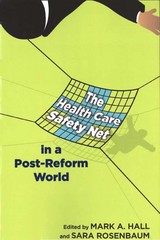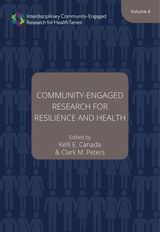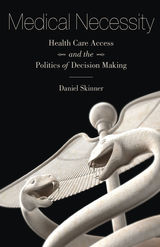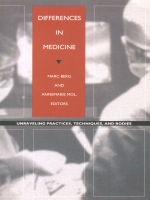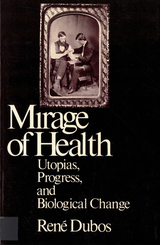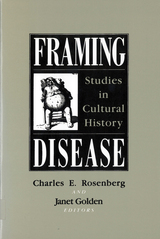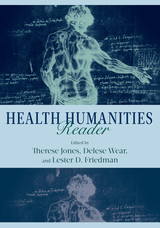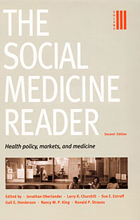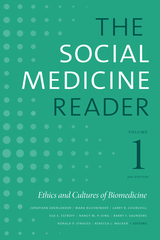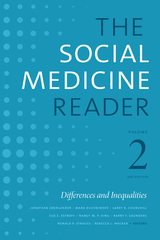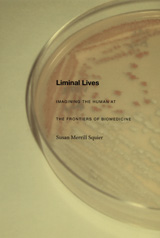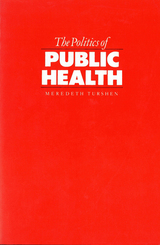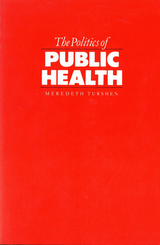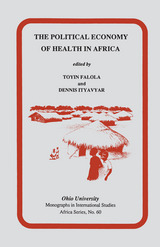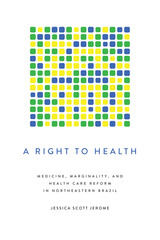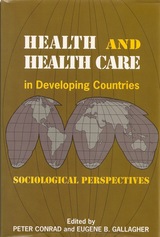Cloth: 978-0-674-41331-3
Library of Congress Classification RA418.H84
Dewey Decimal Classification 301.243
The authors of these eight essays examine the social and ethical implications of new biomedical technologies—from behavior control to organ transplants and human experimentation. They also examine the shortcomings in our system of medical care—from the disappearance of the general practitioner to problems of medical care for the poor.
In an introductory essay, Irene Taviss analyzes the allocation of resources to biomedical research and medical care and considers problems related to human experimentation, organ transplantation, and genetic and behavior control. She also discusses possible controls in these fields—legal controls as well as formal professional codes and informal professional practices. In discussing the rare disease phenylketonuria, a cause of mental retardation, Samuel P. Bessman and Judith P. Swazey point out the dangers of a hasty decision to institute legislative controls of diseases on the basis of inadequate scientific evidence. In separate essays, Edmund D. Pellegrino and Louis Lasagna examine the problems of establishing professional controls over different kinds of human experimentation. Everett P. Mendelsohn, Judith P. Swazey, and Irene Taviss present an overview of the new behavior control technologies and point out the dilemmas that have resulted from these developments. Victor Sidel's essay examines the effects of new technologies on the practice of medicine and the potential effects on society. The two final essays deal with the organization and delivery of medical care. Mark G. Field reports on the problems caused by medical specialization and the disappearance of the general practitioner and proposes some remedies. John H. Knowles analyzes medical manpower shortages in various specialties and the effects of these shortages on the health care of the nation.
See other books on: Medical | Medical ethics | Medical innovations | Mendelsohn, Everett | Swazey, Judith P.
See other titles from Harvard University Press



